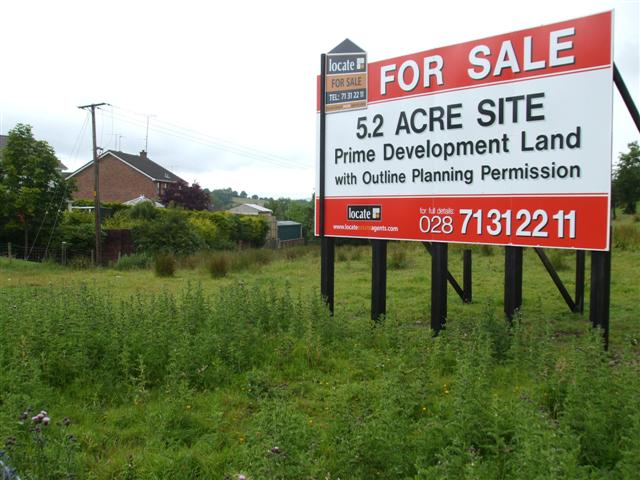The Progressive Policy Think Tank has called for an urgent reform of the land market, citing figures which suggest a plot of land now accounts for 70% of a property’s value.
Land is an essential factor in all economic activity but, if it is not properly managed and regulated, it can play a destabilising role in the housing market and the wider economy, the left-leaning think tank said in a recent report.
The UK’s dysfunctional land market and soaring land values have helped drive growing wealth inequality, create the conditions for a broken housing market, and are a root cause of an unproductive and unstable economy, it claimed.
If that isn’t enough to convince you, it even quotes Winston Churchill, who once said that a landowner “renders no service to the community, he contributes nothing to the general welfare, he contributes nothing to the process from which his own enrichment is derived.”
Reform of the land market must therefore be focused on reducing the financial speculation that occurs in land and sharing the benefits of increases in land values for the benefit of the public good, the report concludes. It suggests:
- The government should reform compulsory purchase laws to allow local authorities and public bodies to buy land at a fair value that enables the delivery of high quality development.
- The government should give planning authorities in England the powers to ‘zone’ areas of land for development and freeze its price close to its current use value, as happens in Germany.
- The fire-sale of public land to the highest bidder should be ended. Public land should instead be prioritised for the delivery of genuinely affordable and high-quality developments.
- The cap on local authority borrowing to finance housebuilding in England should be abolished.
- The government should exempt borrowing for council housing under its measure for calculating UK debt, bringing the country in line with the accepted international criteria which does not include council housebuilding.
- Government should set new guidelines in England for the minimum proportion of new housing developments which must be genuinely affordable.
- The government should introduce an annual property tax to replace council tax and eventually stamp duty.
- The government should introduce a land value tax to replace business rates. A land value tax on business land would be the most economically efficient means of taxing commercial land. It would support, rather than deter, productive investment; it would capture some of the unearned windfalls from the ownership of land; and it would reduce incentives for further speculation
- The government should reform macroprudential policy, both to counter systemic risk and limit house price inflation.
“The proposals set out in this paper for regulating our land and housing market, and for a more progressive taxation system focused on land, are a first step in ensuring that the unearned ‘economic rents’ which arise from landownership are shared for the public good,” the report said. “Our proposals will reduce speculation in land, lead to a decrease in wealth inequality, and allow for a greater focus on productive economic investment.
“They will also help to create a better-functioning housing market, capable of delivering the number of homes we need to meet demand, particularly genuinely affordable homes. Together, our proposals will make for a stronger, more just and prosperous economy.”




